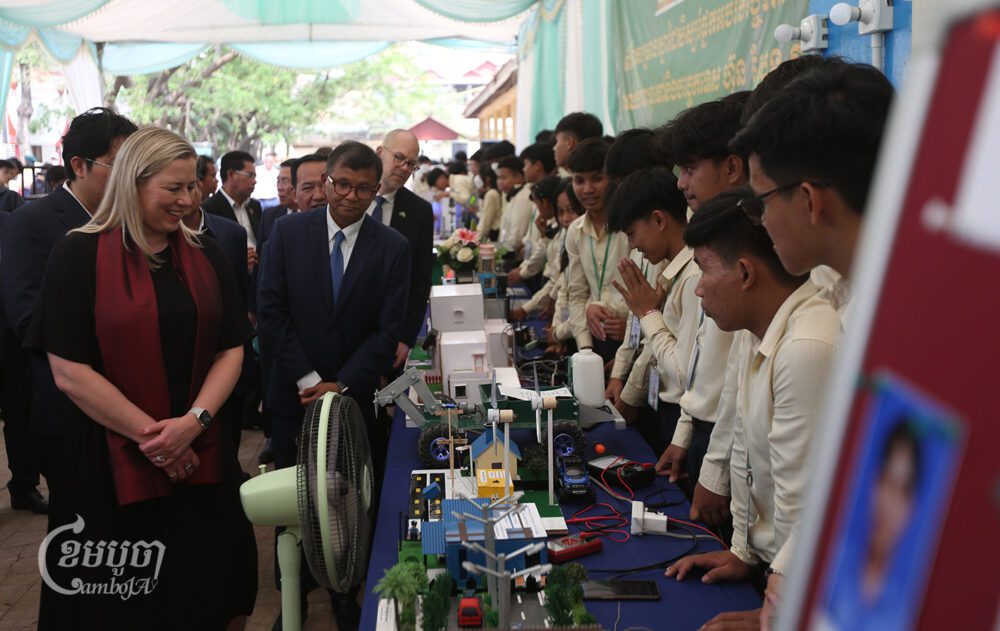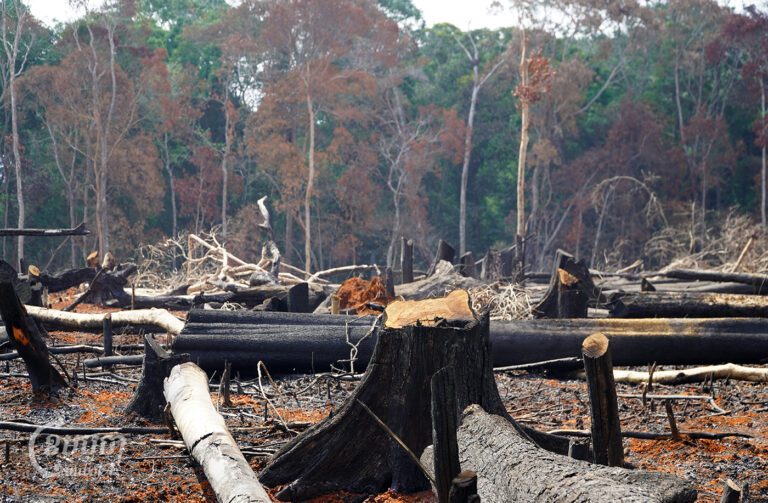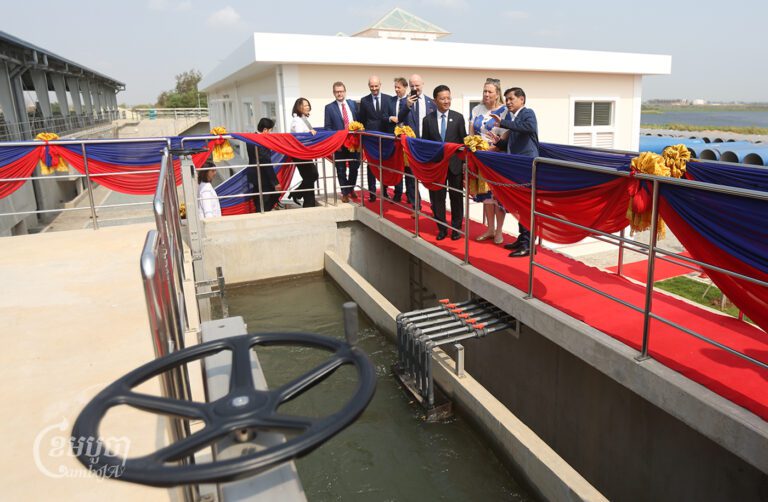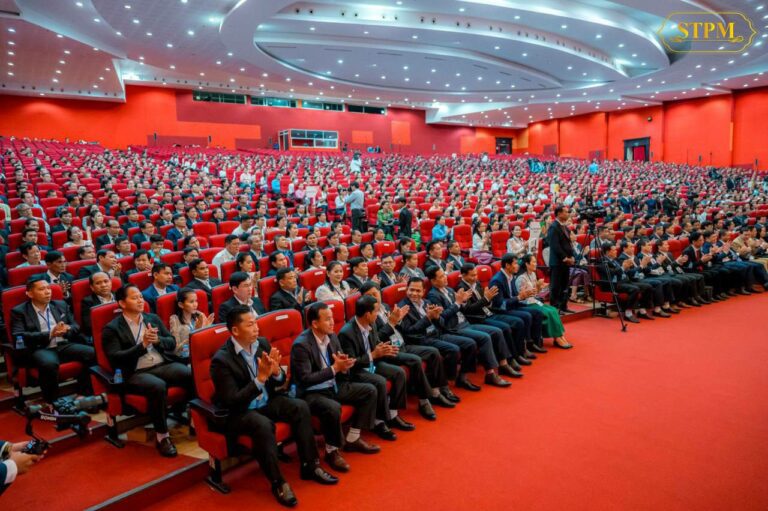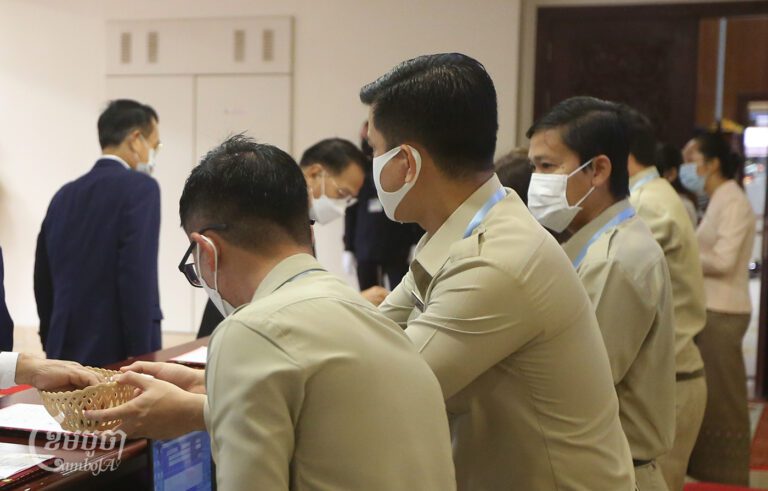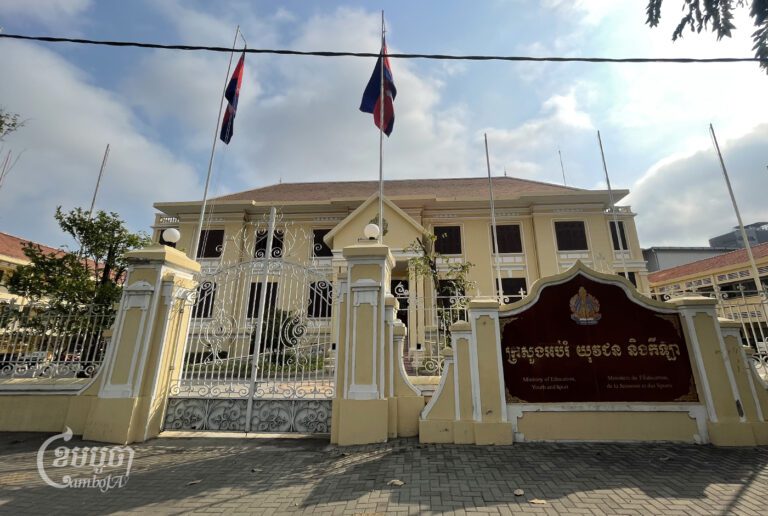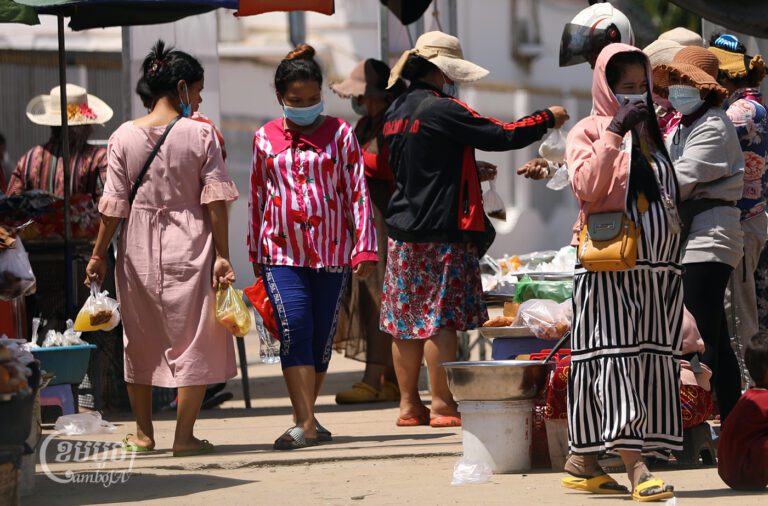On Tuesday the European Union and the Cambodian government launched four new programs designed to promote sustainability and energy efficiency in the country, including a $53.1 million initiative to improve technical education. This education initiative, part of the EU’s larger Global Gateway strategy, focuses on providing young Cambodians with the necessary technical skills for careers in green and digital fields.
“Education is the key. The goal of this program is to ensure that Cambodian youth remain curious, open-minded, resilient and passionate for new discoveries,” European Commissioner for International Partnerships Jutta Urpilainen said at a press conference at Chumpou Voan General and Technical High School in Phnom Penh.
“I am convinced that this is the only path to ensure a sustainable development of the country.”
The Minister of Education, Youth and Sport, Hang Chuon Naron said that the partnership with the EU will help reduce poverty and create jobs in Cambodia.
“I am confident that these investments in education, skills and research can also attract more European companies to offer high-quality jobs to Cambodian citizens for the green and digital development of the country,” he added.
The education partnership will include development of education infrastructure, including funding school buildings for technical and vocational schools, equipment and virtual reality labs. A major objective of the program is to increase gender equality in digital and climate-focused fields. The initiative intends to build capacity for secondary and higher education in mechanics, computer science, electronics and food processing.
Exchange programs will also be funded, with European experts visiting Cambodia as well as Cambodians traveling to teach and study in Europe. The project will fund scholarships for technical and STEM students, and facilitate student engagement with businesses in the food processing and garment manufacturing industries.
This is not the first time the EU has invested in Cambodia’s education system. Since 2000, the EU has contributed over $300 million to education reforms, according to the Education Ministry.
In addition to the education project, Urpilainen finalized three other programs at the Ministry of Economy and Finance on Tuesday funded by the EU and Germany: $18.4 million for enhancing agricultural and food systems, $6.5 million for sustainable energy development, and a $7.6 million program focusing on trade and the private sector.
Education Ministry spokesperson Khuon Vichheka said there are currently 21 high schools that offer specialized technical training in 19 provinces. The 3500 students at these schools study electronics, mechanics, computer science and agricultural development in addition to their general education.
But the programs are facing challenges including a teacher shortage for these specialty courses and a lack of needed equipment. Battambang, Oddar Meanchey, Kep, Ratanakiri, Pailin and Pursat provinces do not currently have a single technical high school. The ministry currently has plans to open two additional technical high schools in Battambang and Pursat, according to Vichheka.
Somol Sovan Monorak, a 12th-grade-student at Chumpou Voan who presented a wind-powered machine he designed at Tuesday’s event, told CamboJA News that he thought the EU’s support would help students further build their technical skills.
“I’m strongly motivated because nowadays everyone uses all types of technology, even robots and drones to take pictures, so we learn about [technology] to help the digital sector in Cambodia grow,” he said. “As I am taking a technical course load, I hope I can get a lot of work in digital fields.”
Ou Tepchan Sokha, also in the 12th grade, enthusiastically spoke about her desire to contribute to the advancement of Cambodia through developing her technical skills. Studying electronics will help her easily find a job, she said, and she wishes more students had this opportunity.
Technical schools are particularly important for girls like her because “women rarely enter [the fields of] electronics and technology,” and these programs will help them “develop these skills for ourselves and develop these skills for the country,” she said.
Pich Mengly, an electronics teacher at the school, said the number of students enrolled in the technical classes has been increasing every year due to student interest in technology.
“Nowadays, everything is digital, so that field is indispensable,” he said. “It is easy to find a job in the country, they do not need to migrate to work abroad.”
Pa Chanroeun, president of the NGO Cambodian Institute for Democracy, noted that specialized training is needed to promote the skilled workforce in the country and for the technical sector to prosper. He thinks the new program will have a positive effect on Cambodian youth and attract international investment.
“Establishing technical classes from high school is also a good thing to help some of our students who do not have the ability to continue their education [in university] to gain access to technical skills and acquired knowledge that can be used in the workplace,” he added.


